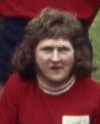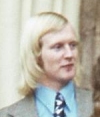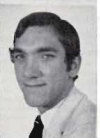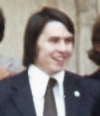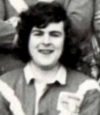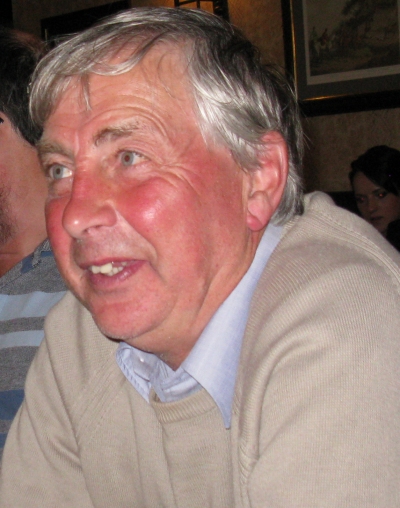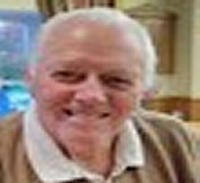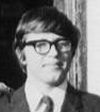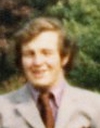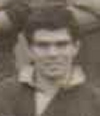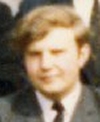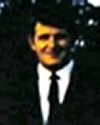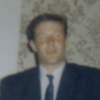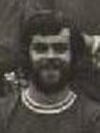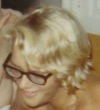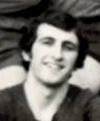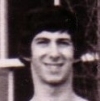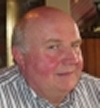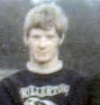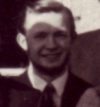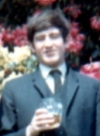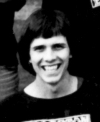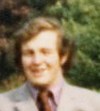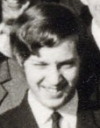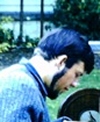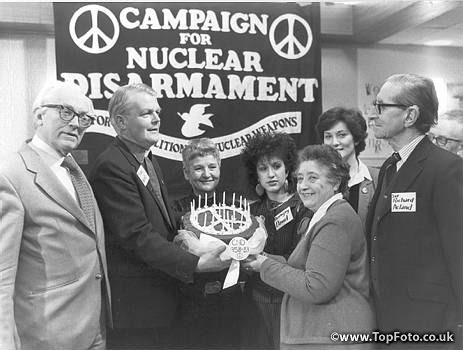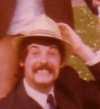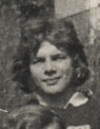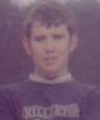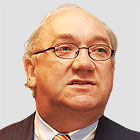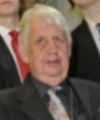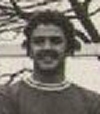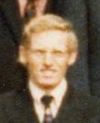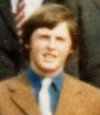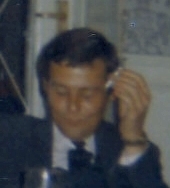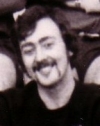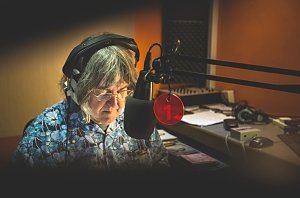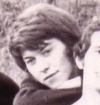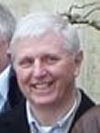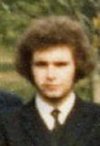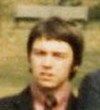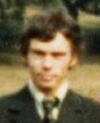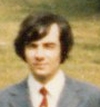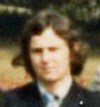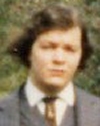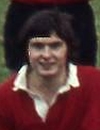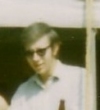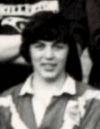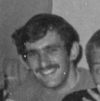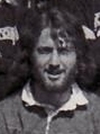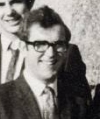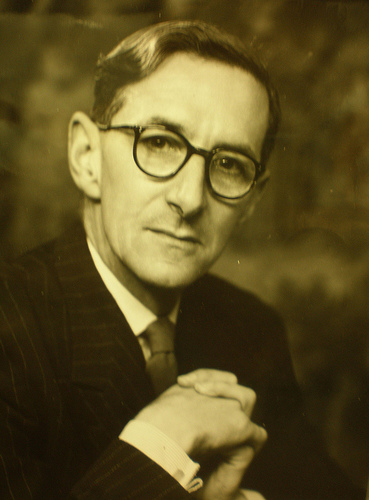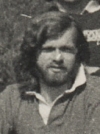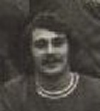EASIER THAN WORKING
By Richard Henley.
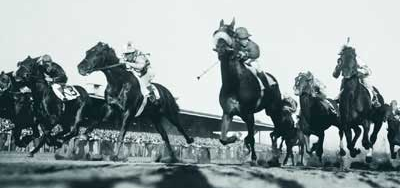
Life in rural Southern England during the mid nineteen fifties was idyllic. The Country was all but recovered from World War Two, rationing cards were a thing of the past, and the army had removed most of the pill-boxes, and tank traps. Existence secure, the people were just glad to be alive, and with a renewed appetite for entertainment, were more than ready for the greatest of all post war phenomena, Black and White Television.
For my part, being only six years old, TV, was of course, fascinating: Few programs bored me, even the BBC news had its good points, but the one thing that seemed strange was my parent’s ability to remain excited throughout an entire afternoon, watching black and white horses, with little black and white men on them, running around the same black and white race track. Their conversation was also strange; the discussion was on “the going”, “the form”, “the odds”,” the handicap”,” the tote”, and who should be “in the frame”: The announcer always identified the horses, most of which had the weirdest of names, by their riders “colors”, in itself perplexing for a youngster watching the proceedings in, did I mention, black and white: Twelve years later the TV was all color, and my understanding of Thoroughbred racing was somewhat improved. Pictures of the typical English village usually show the Parish Church and some thatched cottages; they tend to exclude those other two fixtures; the pub, and the off track betting shop; it's odd, because the latter two are visited infinitely more often than the former!
Horses are in the British psyche. We all learned of the dashing Prince Rupert and his Cavaliers, and the advance of “The Royal Scots Greys” at Waterloo; many of us can still recite “The Charge of The Light Brigade”, and to this day The Queen travels London in horse drawn carriages, escorted by her personal cavalry. Does this heritage explain why racing is a National pastime? No; it’s all about not working for a living: A life of leisure awaits the individual who can consistently master that delicate balance between the racing form and intuition, resulting in a very bad day for the bookie: Back in the seventies I was refining my systems, all geared to the prospect of an early retirement, when the expectation received a gigantic boost: My employer bought a Thoroughbred.
Excitement abounded; the thought of being in the paddock, being privy to the conversations between trainers, owners, and jockeys, hearing the predictions of an expert and privileged few, was the stuff of dreams. Surely my working life should be short- lived, since, once armed with my newly acquired wealth of information, the financial future of “Ladbrokes” and “William Hill” would be bleak.
The horse, whose name now escapes me, was due its first start in the two o’clock at Goodwood, one of the most beautiful tracks in the world, especially on a fine day. Unfortunately race-day dawned anything but fine; it was blowing half a gale, the thermometer was struggling to get past fifty five, and the rain, which restricted visibility to a quarter mile, was assaulting “England’s Green and Pleasant Land” at an angle of about forty five degrees: No matter, our day had come; lunch was taken, and fortified with several schooners of “Bristol Cream” the long awaited trip to the paddock, and destiny, was upon us.
Jockeys must be among the most courageous people on Earth. My contention is that speed without brakes constitutes a recipe for disaster, and consequently human beings should have a natural aversion to such things as skis, skates, surfboards, and not the least, Thoroughbred race horses. Millions of people enjoy challenging themselves and proving me wrong, but they all pale into insignificance when standing in the paddock with the personification of equine power towering above one shoulder, and the helmet of its rider well below the other.
Our jockey was adorned in blue and white, and like the horse, the trainer and the assembled company, was completely bedraggled. Conversation did not equate to my expectations; the anticipated furlong by furlong winning strategy failed to materialize, there was no talk of us being victorious, no debate on which horse could possibly challenge us at the post, no discourse on our future prospects at Ascot and Epsom; in fact the major topic of discussion seemed to be the weather. The synopsis of that first paddock meeting at Goodwood was “the going would be heavy” and “the time would be slow”. This was not news to me since, by now, both of my shoes carried several pounds of mud, at least I hoped it was mud, and trudging back for the start, I felt a definite empathy with the horse.
In less than two minutes it was all over; the first furlong destroyed all recognition of color and the barely visible back stretch reminded me of my youth in front of that black and white television. Our final result was ninth out of ten: Of the four in our party only one showed a profit that day; it was the first time he had ever placed a bet.
During the car ride home he regaled us on the simplicity of beating the bookie; according to him it was just a matter of matching the horse’s name to its good looks. The rest of us requested that he “hold his peace”, or words to that effect; no editor in their right mind would publish our actual remarks!
Thirty five years later, twenty nine of them as a Canadian, I am even more closely connected to the Thoroughbred horse racing industry. I count among my friends, and speak with on a daily basis, some of the finest and most experienced horsemen in North America. I am given “the inside track” on every aspect of racing today, including of course, the “certain winners”. My problem is that I still haven’t retired; in fact I’m working harder than ever before. How can that be?
Richard Henley resides in Toronto and looks after the Advertising end at “Horsepower Broadcasting Network” and “Silks Media Corporation” where concerted attempts to blunt his dry English sense of humor consistently fail.

